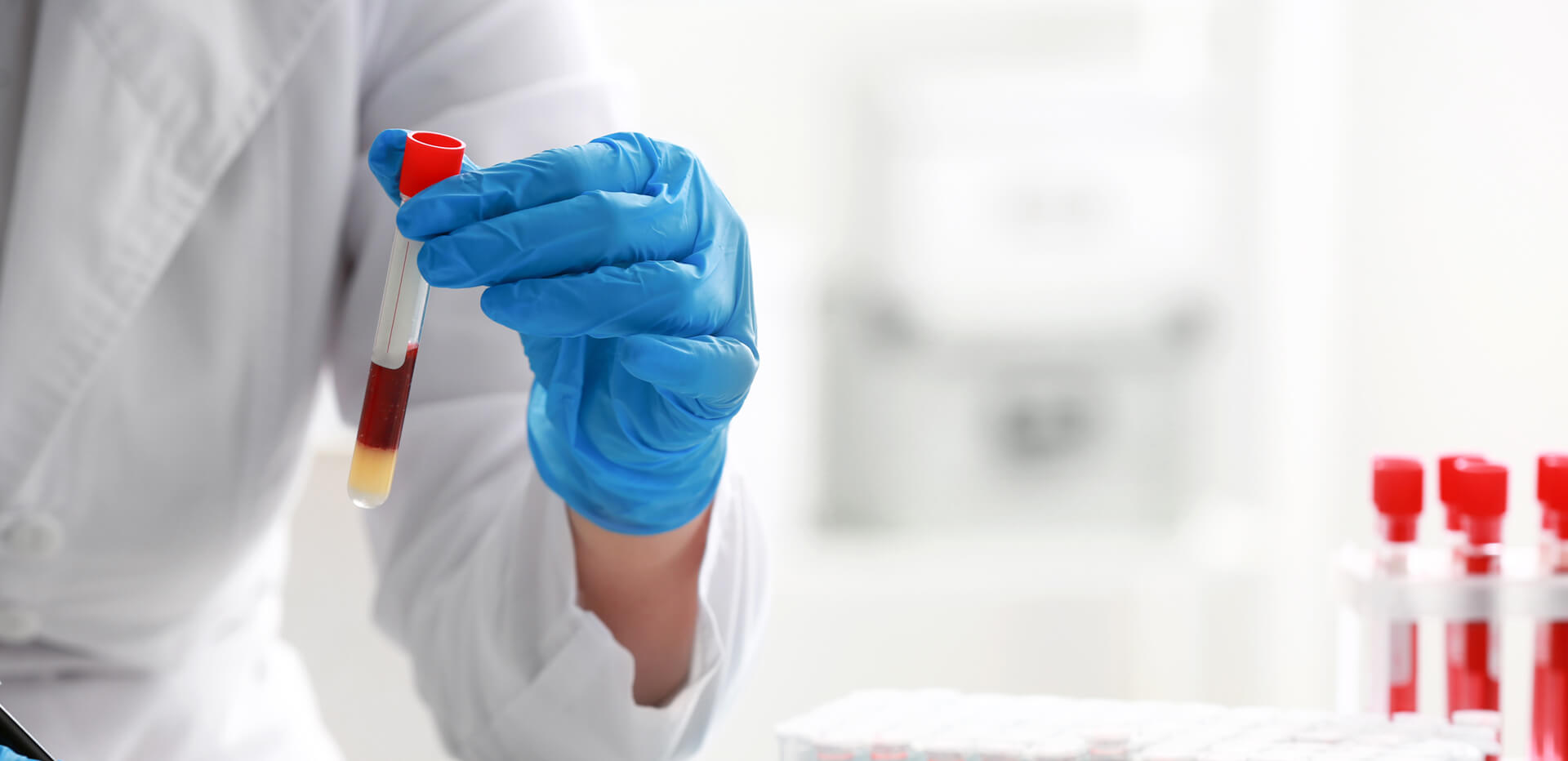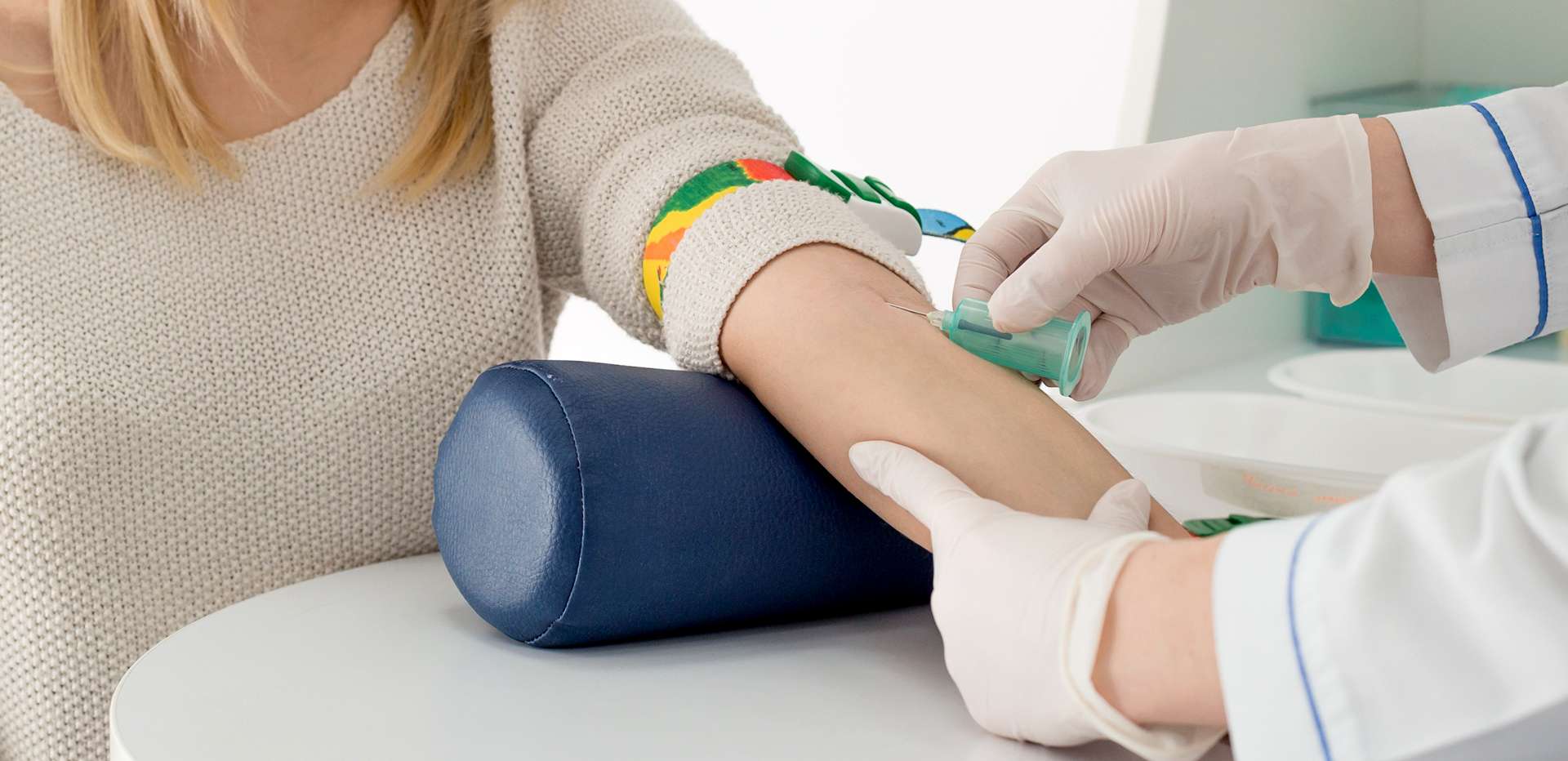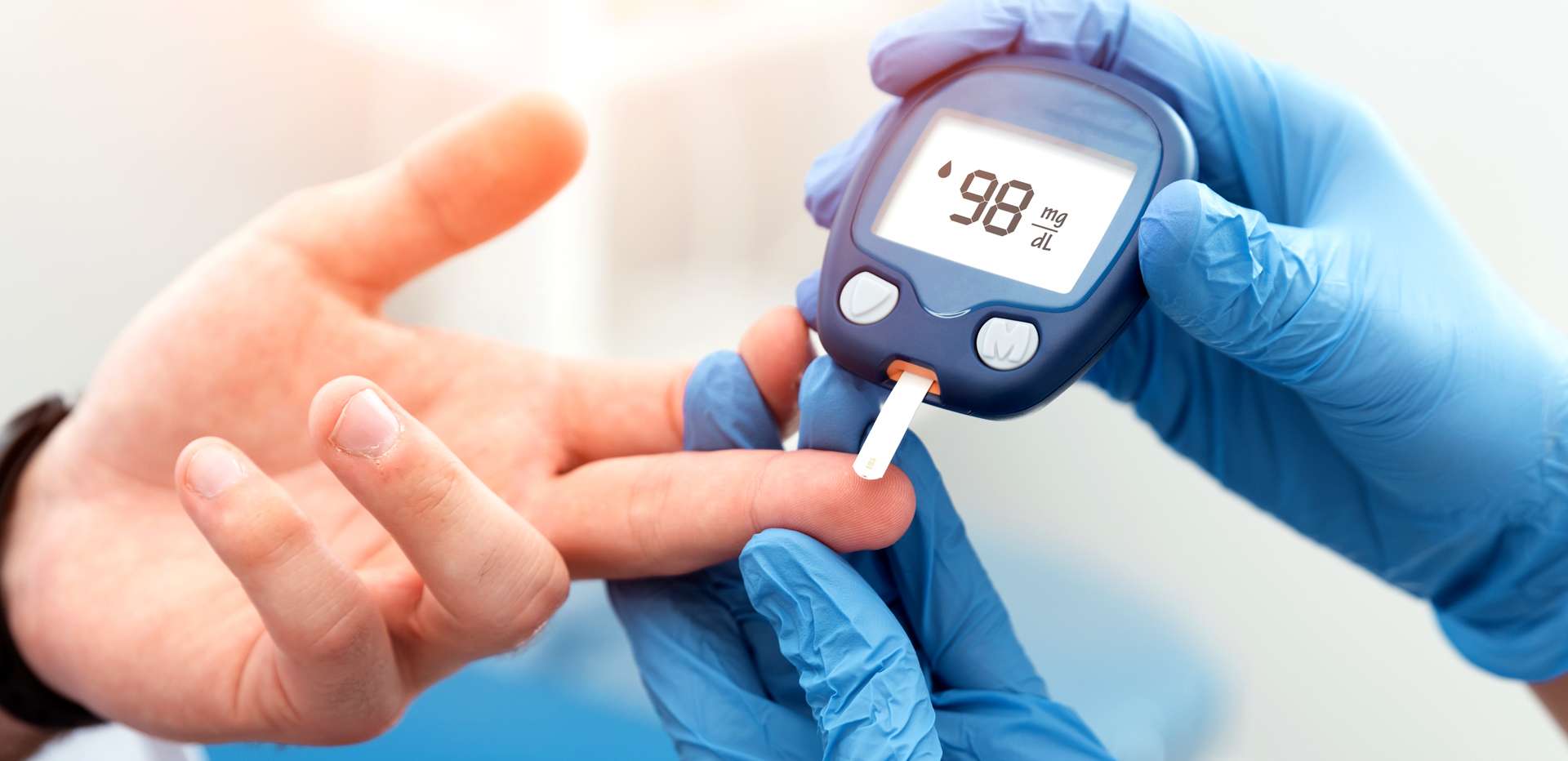Urinary tract infections (UTIs) are one of the most common bacterial infections that affect women. It’s estimated that at least 40-60% of women will develop a UTI at some point in their lives. While men can also get UTIs, the infection is much more prevalent in women due to anatomical differences.
There are different types of UTIs depending on which part of the urinary tract is infected – the urethra (urethritis), bladder (cystitis) or kidneys (pyelonephritis). Uncomplicated UTIs refer to bladder infections or cystitis in women who are otherwise healthy and don’t have any structural or neurological urinary tract abnormalities.
In this article, we’ll explore what uncomplicated UTIs are, their common symptoms, causes, risk factors and how they are treated.
Symptoms of Uncomplicated UTIs
Understanding the symptoms of uncomplicated UTIs can help in prompt diagnosis and treatment. They are typically caused by bacteria, most commonly Escherichia coli (E. coli) from the digestive tract. The key symptoms of an uncomplicated UTI or bladder infection include:
– A persistent urge to urinate (urinary frequency)
– A burning sensation when urinating (dysuria)
– Passing frequent, small amounts of urine
– Cloudy or bloody urine
– Strong-smelling urine
– Pelvic or lower abdominal discomfort
Some women may also experience low back pain or feel tired and generally unwell. However, symptoms like fever, nausea, vomiting and intense flank pain could indicate a more severe kidney infection rather than just a bladder infection.
Causes and Risk Factors
The vast majority of uncomplicated UTIs are caused by Escherichia coli (E. coli) bacteria, which normally live in the digestive system. Other bacteria like Klebsiella, Proteus, Enterobacter and Staphylococcus saprophyticus can also cause UTIs.
These bacteria are able to enter the urinary tract through the urethra and travel upwards to the bladder. Once there, the bacteria can multiply quickly and cause inflammation and infection.
Several factors increase a woman’s risk of developing an uncomplicated UTI:
– Sexual activity can push bacteria closer to the urethra
– Using spermicidal foams or gels with diaphragms for birth control
– Delayed urination or incomplete bladder emptying
– Certain types of birth control like diaphragms and spermicide
– Diabetes and impaired immune function
– Menopause due to declining estrogen levels
– Abnormal urinary tract anatomy from birth
– Use of urinary catheters
Conventional Treatment
The standard treatment for uncomplicated UTIs is a short course of oral antibiotics. Most uncomplicated UTIs resolve within 3 days of starting antibiotic treatment, although it’s important to finish the entire course as prescribed to prevent recurrence or antibiotic resistance. Pain relievers like phenazopyridine may also be recommended to ease urinary discomfort.
For severe or recurrent infections, a urine culture may be done to identify the specific bacteria and determine the most effective antibiotic. Occasionally, a short course of intravenous antibiotics is needed for complicated UTIs.
Some of the most commonly prescribed antibiotics include:
– Nitrofurantoin
– Trimethoprim-sulfamethoxazole
– Fosfomycin tromethamine
– Certain cephalosporins and fluoroquinolones
In addition to antibiotic treatment, several self-care measures can help relieve symptoms of an uncomplicated UTI and prevent future infections:
– Drink plenty of water and other fluids to flush bacteria from the urinary tract
– Avoid coffee, alcohol and citrus juices as they can irritate the bladder
– Use a heating pad to ease pelvic/abdominal discomfort
– Practice good hygiene by wiping front to back after a bowel movement
– Urinate before and after sexual activity
– Take showers instead of baths
– Wear loose cotton underwear and clothing
– Avoid tight pants, nylon undergarments and feminine deodorant sprays
For women who experience frequent recurrent UTIs (three or more per year), options like continuous low-dose antibiotic prophylaxis or postcoital antibiotic use may be considered. Oral supplements like cranberry extract, D-mannose, probiotics and estrogen therapy in postmenopausal women may also help prevent future UTIs.
Schedule Your UTI Consultation Today!
Uncomplicated urinary tract infections are very common, particularly in women. While uncomfortable, most cases can be readily treated with a short course of oral antibiotics along with self-care measures like drinking plenty of fluids and using a heating pad. Preventing future UTIs through good hygiene practices and other methods is also important for many women.
If you experience symptoms of a UTI or suspect you may have one, contact our pharmacists at Touchwood Pharmacy for proper diagnosis and treatment with Pharmacy First. Catching and treating the infection early can help prevent it from potentially spreading to the kidneys or causing other complications.Book your consultation today!


























